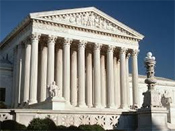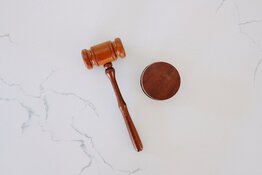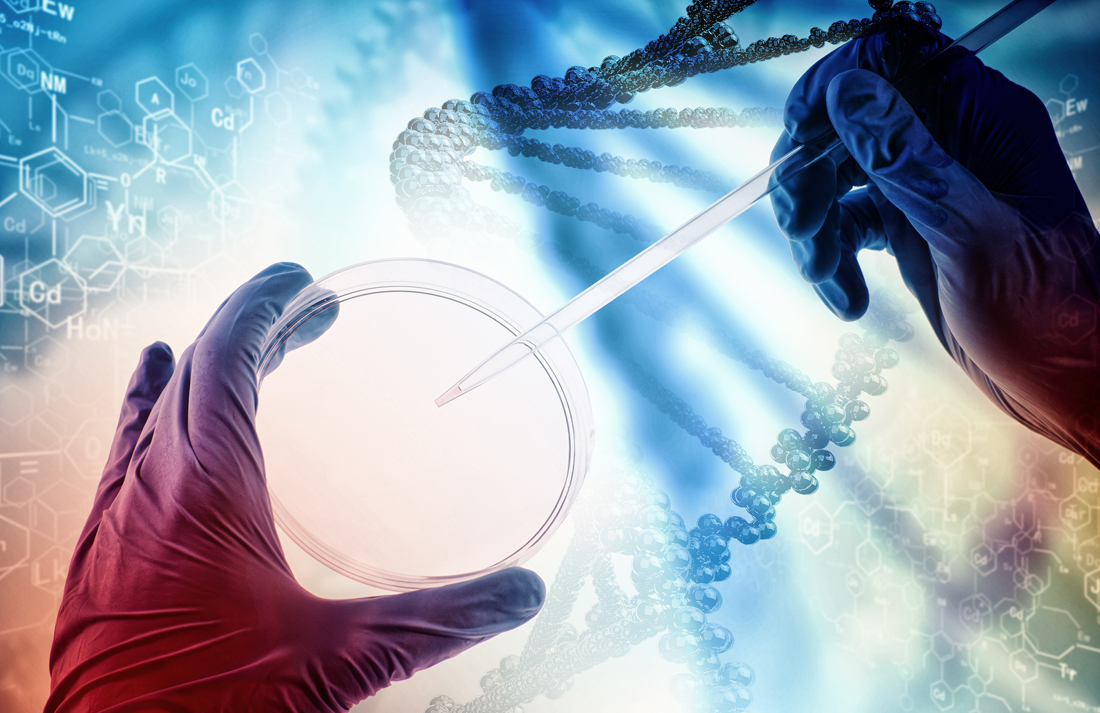
"Hoping against hope" the Supreme Court is simply signaling a need to provide greater guidance to the Federal Circuit is one way to view the high court's decision to grant cert in Association for Molecular Pathology v. Myriad Genetics Inc., according to Kevin E. Noonan, a partner in the Chicago office of McDonnell Boehnen Hulbert & Berghoff LLP. (See BioWorld Today, Nov. 30, 2012.)
The justices will examine the patentability of human genes in a case focusing on the biotech's patents for isolated DNA of the BRCA 1 and BRCA 2 genes used in its diagnostics for breast and ovarian cancers. When Myriad came before the Supremes earlier this year, the justices remanded the case to the Federal Circuit with instructions to reconsider it in light of the high court's Mayo v. Prometheus ruling a week earlier. (See BioWorld Today, Mar. 27, 2012.)
The court had similarly instructed the Federal Circuit to revisit Prometheus with an eye to the high court's ruling on business method claims in Bilski v. Kappos. (See BioWorld Today, Mar. 21, 2012.)
"In the Supreme Court's mind, there is a connection between Prometheus and Myriad," Noonan told BioWorld Today. "That connection is the belief the court seems to have that the Federal Circuit has replaced the 9th Circuit as the circuit that needs the most supervision."
But a high court that is decidedly unfriendly toward patent rights also could be leaning toward arguments by the American Civil Liberties Union (ACLU), on behalf of the Association for Molecular Pathology, and amicus briefs filed by numerous citizens groups contending that patenting gene technology will halt the movement toward personalized medicine.
The prospect of a court swayed by facile rhetoric should galvanize biotech and related industries to come to the defense of Salt Lake City-based Myriad, according to Noonan. He criticized the absence of amicus briefs on behalf of the company as a strategic error.
"All the court heard was what the ACLU said," Noonan said, calling those arguments "hyperbolic," at best.
Claims 'Identical' to Nature Could Be Affected
When the appellate court affirmed its original ruling earlier this year and upheld the validity of Myriad's claims for its BRACAnalysis test, Judge Alan Lourie rejected the "magic microscope" the government had offered as the legal patent test for clarifying when genetic material is a product of nature. (See BioWorld Today, April 5, 2011, and Aug. 17, 2012.)
Under that test, a DNA molecule would not be eligible for a patent if an imaginary microscope could zoom in on the molecule within the human body—in effect, differentiating between genomic and synthetic, or complementary, DNA (cDNA).
In a narrow finding, the Supreme Court could turn that argument on its head, Noonan suggested. Rather than arguing that cDNA is not a synthetic material, it could rule that isolated DNA, in itself, is not patentable because "it hasn't been changed enough," he said.
"But there's a risk they'll also say, if they buy what the ACLU says, that because the sequences are the same—although they're really not—the cDNA also falls because it's just a replica of what occurs in nature—which it really doesn't," Noonan added.
"The question they took on cert is very broad," agreed Courtenay C. Brinckerhoff, a partner in the Washington office of Foley & Lardner LLP. Rather than narrowly affecting only Myriad's claims, "the court's decision will have an impact on similar cases and set the standard."
Although the Supremes have crafted recent decisions to avoid offering guidance on other cases, in reconsidering Myriad "they might have to," Brinckerhoff added.
The Federal Circuit had an opportunity to apply the reasoning of Prometheus in its second review of Myriad but declined to extend the reasoning of that case, which dealt with processes, to a case involving a product, according to D. Christopher Ohly, a partner in the Washington office of Schiff Hardin LLP.
"The Federal Circuit did so, in part, because the Supreme Court jurisprudence in each area is different," Ohly said. "By taking the Myriad case, the Supreme Court may smooth the edges between its precedents in these two areas, at least in cases in which natural laws are involved in challenged patent claims."
The Myriad decision turned on the molecular difference in a segment of DNA that was "isolated" by manmade processes, from the same segment as it may be found in its natural state as part of a much longer DNA molecule, Ohly explained.
According to the majority, when the isolated DNA segment was cleaved from the longer strand, and covalent bonds at each end of the isolated segment were broken, a new molecule was formed that is sufficiently different from the same segment in its previous, natural state, to allow it to be eligible for patenting.
"It remains to be seen whether this difference, which may be as small as a single atom on each end of the isolated segment, will be enough to allow the Supreme Court to agree with the Federal Circuit," he said.
Justices need to hear the Pandora's Box of problems that could emerge in medicinal chemistry if Myriad is reversed, Noonan warned, beginning with the definition of discoveries "identical" to nature.
Would scientists be prevented from patenting an antibiotic isolated from nature that was purified and developed into a compound? Would a molecule created endogenously and synthesized to control blood pressure be patentable? Would even the legendary quest for artificial blood that precisely mimics human blood be patentable?
Worst case, the high court could draw a line that renders any discovery unpatentable if it's identical to what's found in nature, Noonan suggested. "If that occurs, the closer you get to perfection, the less you can protect what you're doing," he said.
"The judges know the case law, so you're not going to convince the Supreme Court that a certain Supreme Court decision means 'X' when they think it means 'Y,'" Brinckerhoff advised.
"Where [organizations] have a chance to make a difference is in explaining the technology and the importance of patents to innovation and to the development of both diagnostic and therapeutic methods so the court understands what's at stake here," she noted.
Marie Powers
BioWorld



































